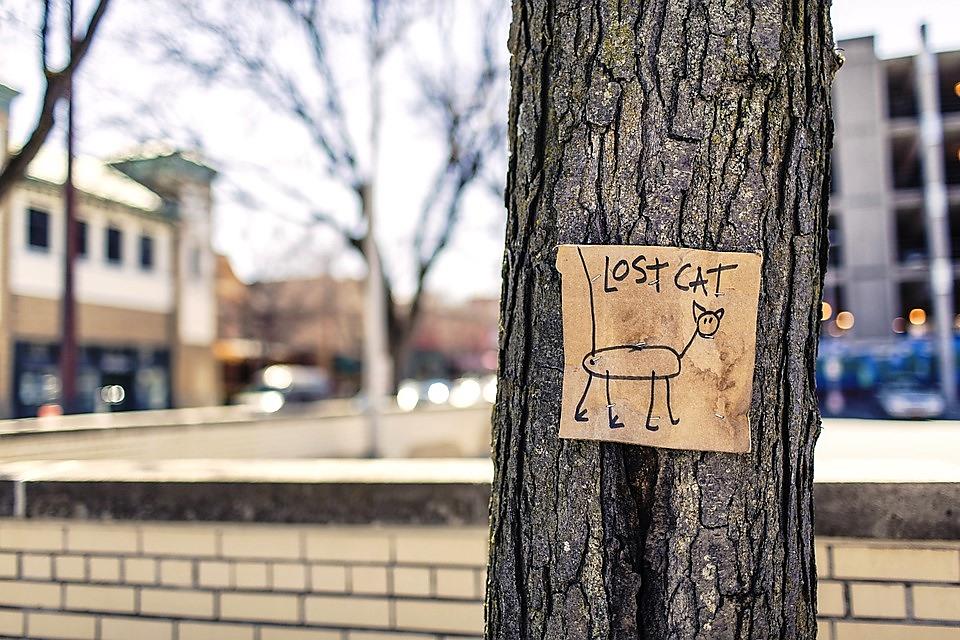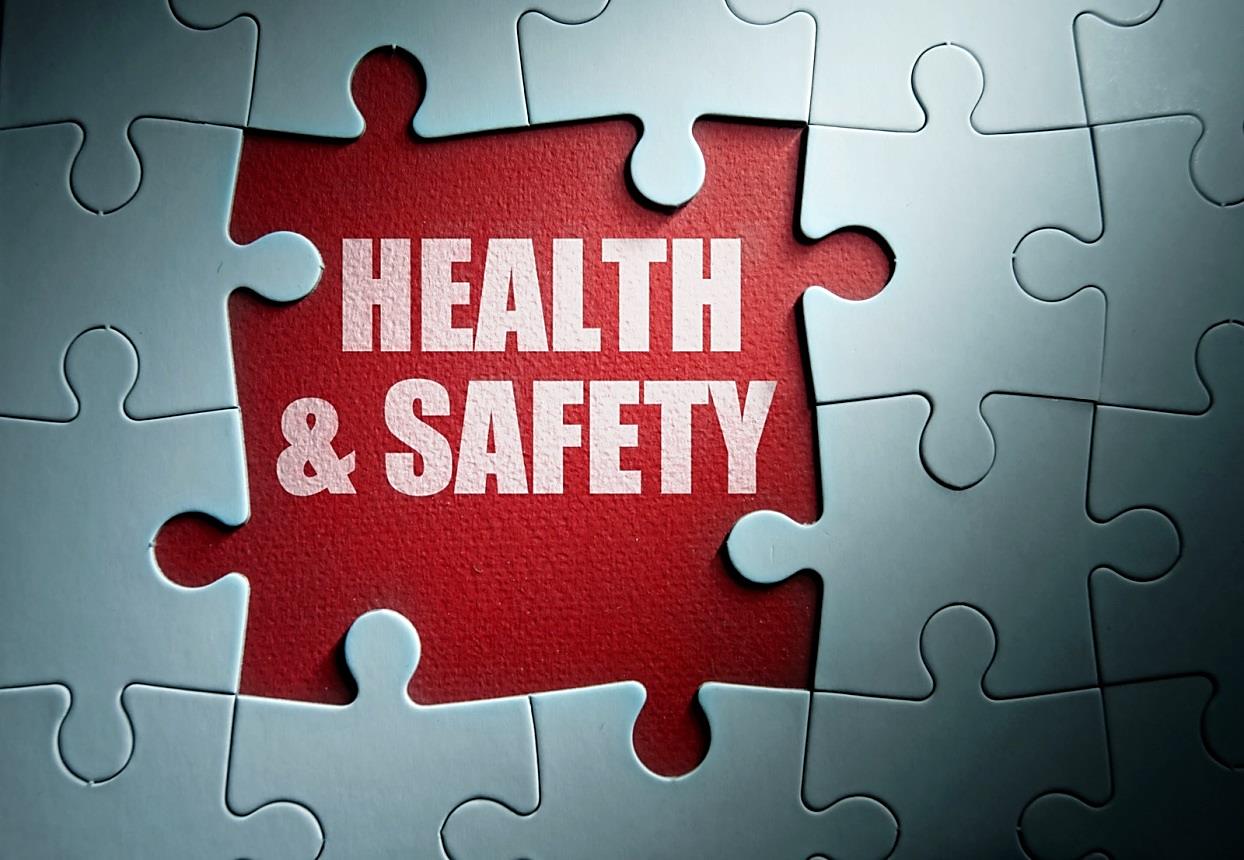
by Fern Shaw | May 14, 2019 | Water Coolers
We all know water coolers don’t really inspire much passion in a person, the caveat being unless you design and build water coolers that is. Or supply them. Or drink from them. Or take a break and chat to your colleagues around them. Okay, so perhaps there is more passion in there than one thinks.
For those of us that still don’t find any inspiration from water coolers, we have some great news – there’s nothing quite as inspirational as installing water coolers from AquAid. Here’s why:
- We don’t just supply delicious spring and bottled at source water for your bottled water cooler. We’ll help you decide on which water coolers are best for your particular requirements.
- It may be that you need mains-fed water coolers instead of bottle-fed. That’s absolutely no problem, we have a wide range – you can rely on our 21 years’ experience to ensure we install the right water dispenser.
- Your AquAid water coolers, whether they dispense refreshing chilled water only, cold and hot water or piping hot water only, will be kept in tip top condition by your experienced AquAid engineer. Bottle-Fed machines are sanitised every three months and Mains-Fed every six months.
- As you proceed on your hydration journey is when the inspiration aspect of your water cooler installation begins. For each bottle of water purchased and each mains-fed machine installed, we donate a portion of these sales to charity.
- Charities such as Christian Aid and the Africa Trust. Donations that are used to implement sustainable water projects, delivering potable water to thousands of water bereft communities throughout Africa.
This means that for each sip of water you drink – boosting both your physical and mental health and well-being as you go about your working day – you are simultaneously contributing to a more positive, safe water rich future for millions of people in need.
Pretty powerful insipiration we’re sure you’ll agree.
To find out how we can best meet your daily hydration needs, contact us today. We’re easy to reach:



by Fern Shaw | Apr 5, 2019 | Water, water cooler, Water Coolers
Keeping oneself hydration fit is vitally important, irrespective of what season it is.
We all intend to do the right thing when it comes to keeping fit, but the demands of day-to-day life can tend to trip us up despite our best intentions. Here, at AquAid Water Coolers we always want to help where we can to ensure that at the very least, you keep yourself well hydrated throughout your day, no matter your schedule.
If you’ve launched into a great keep fit regime this spring, here’s a bit of info that may help you on your get fit and keep hydrated journey:
Recognising dehydration
- A large percentage of the UK population are chronically dehydrated. Can you remember when last you drank more than a glass of water a day? Keep in mind that the average adult should be drinking a minimum of eight glasses of water per day.
- Dehydration occurs when more fluid leaves your body than is taken in. Symptoms include: fatigue, irritability, headaches and nausea.
- Dehydration also slows your metabolism, which hinders your ability to exercise as well as the ability to lose weight.
Maintaining a balance
Applying the logic to avoid reaching the stage where you’re dehydrated is quite straight-forward – you need to maintain a water balance. There are many factors to consider on how much water you’re losing, especially when you’re being active: age, gender, health, body mass, environmental conditions and physical activity all play a role.
Once you have a better idea of about how much water you lose in an active day vs. how much water you should be drinking it’s time to:
Get moving
Even if you feel sluggish and low in energy, make the effort to do 20-30 minutes exercise daily. If you’re not that keen to participate in organised activities, a brisk walk around the block will be enough to energise you and reduce fatigue.
Sleep well
Make sure you get enough sleep. Depending on your daily schedule and work hours, try to go to bed at the same time, do not eat or drink caffeine before going to bed and move the telly out of the bedroom.
Eat well
There are innumerable eating and weight loss plans and these can often hinder rather than help.
Whatever food plan you decide upon, again logic dictates: in order to function, your body needs fuel, so try to ensure that your food fuel consists of a balanced diet.
If you’re prone to the ‘quick fix’ when eating, which usually consist of processed and sugar rich food and drinks, the good news is if you step up and start drinking enough water to keep yourself hydrated, you will feel fuller and the temptation to sate your appetite as quickly as possible, will lessen.
Make use of your water cooler!
As you begin your happy and healthy get fit plan, having a water cooler wherever you are at work could honestly not make drinking water easier for you. There’s also the added advantage of you being able to get through your work day more easily as studies have proven that taking even a five minute break to stretch out and walk to replenish your water makes a significant difference on your performance and well-being.
updated from a 17 March 2017 blog

by Fern Shaw | Apr 1, 2019 | aquaid, Water Coolers
Love it or hate it, today’s that one day of the year that brings out the pranksters around the world. Personally, I’ve never been a fan, perhaps an underdeveloped sense of humour, but there’s no denying that there have been some awfully clever April Fools pranks played over the years.
Guinness Mean Time: On 31 March 1998 an article in the Financial Times detailed an agreement that had been struck between the Old Royal Observatory in Greenwich, England and the Guinness brewery, wherein Guinness would be declared the official beer sponsor of the Observatory’s millennium celebration. Greenwich Mean Time would be renamed Guinness Mean Time, and instead of counting seconds in “pips,” as was traditional, the Observatory would count them in “pint drips.” This news led to a slightly bruised ego and a curt retraction on behalf of the Financial Times when they were made aware that it was meant for April Fools.
Planetary Alignment Decreases Gravity: In 1976, British astronomer, Patrick Moore, told radio listeners that at 9.47 a.m. the earth was going to experience a feeling of less gravity. He said that Jupiter and Pluto would cross and if listeners jumped in the air at exactly 9.47 a.m. they would feel the sensation of having no gravity. Hundreds of listeners phoned the radio to say they had jumped and floated in the air.
Swiss Mountain Cleaners: The Swiss Tourism Board released a video on the 1st of April 2009 that revealed the secret of why their mountains look so clean. It was due to the hard work of the Association of Swiss Mountain Cleaners, whose members daily scaled the Alps, scrubbing the rocks of unsightly bird droppings. The cleaning not only maintained the beauty of the Alps, but also prevented the droppings from eating away at the rocks, causing cavities that might eventually lead to the complete erosion and disappearance of the mountains. Millions of people watched the video, and 30,000 took the online test to determine whether they had what it took to become a mountain cleaner (aka “Felsenputzer”). Later that year, due to popular demand, the Brunni cable car company began offering an actual mountain cleaning course that attracted would-be Felsenputzers from around the world.
Today, with all of the technology we have at hand, it’s probably unlikely that such hoaxes wouldn’t be dismissed almost immediately, but then again, perhaps it’s actually easier to fool people precisely because of the technology we have?
Rest assured, here at AquAid, although we have a fine sense of humour, it’s unlikely that we’ll be playing any April Fools on anyone this year; although that said, did I mention that we’ve been selected to supply water coolers and water to the first crewed Mars mission in 2031?

by Fern Shaw | Mar 28, 2019 | bottle fed water coolers, water cooler, Water Coolers
Under the Workplace (Health, Safety and Welfare) Regulation 1992, the employer has a responsibility to provide an adequate supply of drinking water. However, the employer must ensure that the facilities provided are done so safely and are maintained correctly to avoid any risk to the employees.
The location of your water cooler is the first step to ensuring the safety of your staff. The water cooler needs to be seen to encourage drinking water yet it should not impede the flow of movement in and around the office. Power cables need to be tucked away and any spare water bottles should be stored safely to avoid any mishaps.
The installation of your machine should also be carried out by a qualified technician. The EDWCA (European Drinking Water Cooler Association) is an association that was formed to ‘promote, develop and maintain the highest standards of hygiene, safety and ethics within the European Point-Of-Use Drinking Water industry to the benefit of customers.’ The EDWCA only use WRAS (Water Regulations Advisory Scheme) approved training courses. It is highly recommended that when considering your water dispenser supplier you choose one that is a member of the EDWCA. In this way you can be assured that the minimum required standards are being met.
By using an EDWCA member you can also be assured that the materials used for the installation of your water coolers are suitable for contact with drinking water and that the technician installing your dispenser is EDWCA trained.
Should you opt for a Mains Fed Water Cooler: a water cooler that is connected directly to your water mains – there are further installation guidelines that will be adhered to by the technician.
- The machine must be connected to a fresh water supply and not to a water storage tank.
- The water cooler should also be located within a close proximity to both the power socket and the mains water supply.
- The EDWCA guidelines advise that the location of the machine needs to be within five metres of the mains supply to ensure optimal hygiene is taking place as well as getting the best water pressure levels available.
As with all equipment it is not enough to just ensure that the water dispenser has been installed safely and correctly. Maintenance, servicing and cleaning play a vital role in ensuring you are getting the optimal value out of any piece of equipment and the water cooler is no different.
Due to the nature of their water delivery, Bottled Water Coolers need to be sanitised every three months whilst Mains Fed Water Coolers should be serviced and their filters cleaned every six months.
Keep a formal record of the services carried out by your supplier, ensure the guidelines are being met and good quality filters are being used. However, do not simply rely on your visit from your supplier to keep your machine in its best condition. By carrying out simple yet effective maintenance you can easily contribute to ensuring your water cooler continues to offer high quality drinking water. Empty the drip tray regularly and keep all external parts of the water cooler clean. A dirty water cooler will not encourage staff to drink.
Having a water cooler on site is indispensable to any organisation and it plays a vital role in the well-being of your office staff. To be assured that you are getting the best out of your water dispenser, begin by ensuring it offers no risk to your employees.

by Fern Shaw | Mar 15, 2019 | Water Coolers
At AquAid Water Coolers, we’ve been in the business of water provision for 21 years, supplying a wide range of high quality water coolers and drinking water to customers throughout the UK.
We value our customers as we understand that they are the backbone to our business, enabling us to grow from our humble beginnings in 1998 to now, one of the UK’s largest water cooler suppliers.
Just as important to us, and an integral part of our business ethos since we began, is our commitment to helping those in need. In this manner AquAid has, to date, donated over £14 million to charity and have helped more than 6 million people.
Another organisation (and valued customer) committed to protecting their clients are Insurance Protector.
We recently invited them to take part in a charity initiative: this involves the building of a water well (known as an Elephant Pump) which enables a community in Africa close access to safe drinking water. This well building program is instituted by an AquAid founded charity – the Africa Trust – which since its inception in 2010, has built more than 8,000 such wells throughout sub-Saharan Africa, providing potable water to over 2 million people.
We found out a little more about Insurance Protector during the initiation to have a well built on their behalf:
“We are an Insurance Broker based in the West Midlands, England. We offer the very best insurance solutions, at very competitive premiums, ensuring a first class service every time.
Our Mission: We are committed to protecting our clients, ensuring their peace of mind by offering quality insurance products and delivering exceptional service.
As an independent Insurance Broker we will work on your behalf. Through experience we will search the market to locate the most competitive prices available, meaning that you don’t have to spend hours on the phone or online looking for quotes yourself.
Our team of highly experienced and knowledgeable insurance representatives are dedicated to providing the most suitable insurance products for every client.
Visit our website to find out how we can help you.” ~ Mohammad K. Mohmand – Digital Marketing





